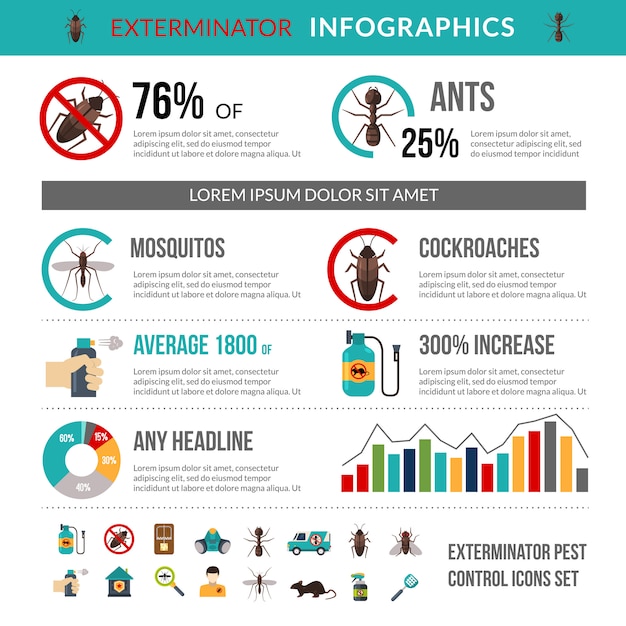Pest-Proofing Your Garden: Tips For Keeping Outdoor Parasites Away
Pest-Proofing Your Garden: Tips For Keeping Outdoor Parasites Away
Blog Article
Web Content Composed By-Walters Qvist
Imagine your garden as a shelter, a place of peace and charm. Nevertheless, the existence of outdoor insects can quickly disrupt this picturesque photo. What if there were basic yet reliable ways to maintain these undesirable visitors at bay and secure your yard oasis? By following a couple of practical pointers and carrying out natural techniques, you can create an unified outdoor space where your plants can grow undisturbed.
Natural Pest Deterrents
To keep insects away from your garden naturally, plant fragrant natural herbs like mint and lavender. These fragrant plants not only add appeal to your yard yet additionally act as effective parasite deterrents. flea and tick yard treatment like mosquitoes, flies, and even some garden-damaging insects are driven away by the strong fragrances discharged by these herbs. Simply positioning them strategically around your yard can help create an all-natural barrier against undesirable parasites.
Along with mint and lavender, consider growing other herbs like rosemary, basil, and lemongrass to further improve your yard's pest-proofing capabilities. These herbs not only serve as natural repellents but likewise have the added benefit of serving in food preparation or crafting self-made solutions.
Strategic Plant Positioning
Consider the design of your yard and the kinds of plants you have to tactically put them for maximum pest-proofing effectiveness.
Begin by organizing plants with similar resistance to pests together. By doing this, you can develop a natural obstacle that prevents insects from spreading out throughout your yard.
In addition, placing pest-repelling plants like marigolds, lavender, or mint near more prone plants can aid shield them. High plants, such as sunflowers or corn, can work as a shield for much shorter plants versus bugs like bunnies or ground-dwelling bugs.
Bear in mind to leave enough area in between plants to enhance air circulation and minimize the danger of conditions that pests could carry.
Furthermore, take into consideration growing strong-smelling herbs like rosemary or basil near at risk plants to perplex insects' detects and make it harder for them to find their targets.
Effective Bug Control Approaches
For combating garden parasites effectively, carrying out a multi-faceted pest control approach is important. Start by encouraging all-natural predators like birds, ladybugs, and praying mantises to aid keep pest populaces in check. Introducing plants that draw in these useful insects can aid in parasite control. In https://troynidxr.blogdanica.com/26528629/puzzling-termites-may-be-unleashing-quiet-mayhem-in-your-residence-discover-the-low-profile-indications-prior-to-it-s-too-late , practicing great yard health by removing particles and weeds where parasites might hide can make your yard less congenial to unwanted site visitors.
Consider using physical barriers such as row cover materials or netting to safeguard prone plants from bugs like caterpillars and birds. Applying organic chemicals like neem oil or insecticidal soap can additionally be effective against certain bugs while being less unsafe to advantageous pests and the environment. It's crucial to rotate your crops each season to stop the buildup of bug populations that target details plants.
Routinely inspect your plants for indicators of insect damage so you can act immediately. By combining these approaches and remaining attentive, you can efficiently manage yard bugs and appreciate a growing, pest-free garden.
Conclusion
So, there you have it - with the best strategies, you can keep pesky exterior pests away from your garden and aid your plants grow.
Did you recognize that planting mint has been revealed to fend off insects and various other insects, decreasing the requirement for dangerous chemicals by as much as 60%?
By including natural deterrents and wise growing techniques, you can create a beautiful and pest-resistant garden oasis for you to delight in.
